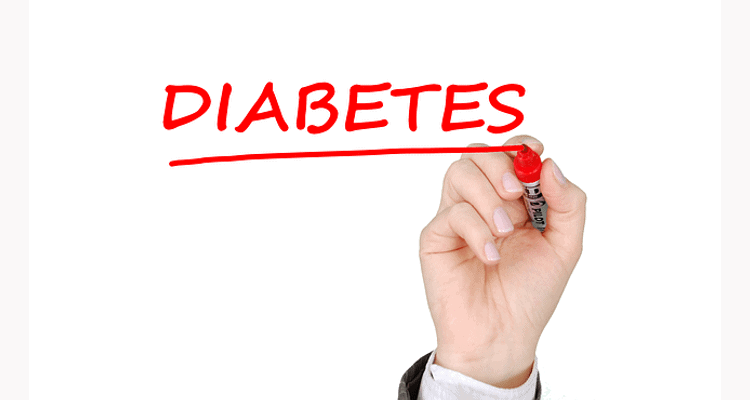

In a world where healthcare is evolving faster than ever, the role of nurses is also undergoing a significant transformation. The nurses of the future are not just caregivers—they are technology-integrated professionals, decision-makers, patient advocates, and leaders. With the global healthcare landscape shifting due to technological advancements, an ageing population, and increasing healthcare demands, the future nurse will be at the epicentre of this dynamic ecosystem. Companies like Allied Medical Limited, a leading Indian manufacturer of critical care and anaesthesia equipment, are playing a pivotal role in equipping these professionals with the tools they need to thrive.
The traditional image of a nurse confined to administering medication and checking vitals is now outdated. Today’s nursing education incorporates training in advanced equipment, data analytics, and patient-centred technology. Future nurses will need to master not only human compassion but also artificial intelligence (AI)-enabled monitoring systems, automated drug delivery devices, and real-time diagnostic tools.
The emphasis on evidence-based practice and technology-enabled care is already visible. Nurses are being trained to interpret complex data from ventilators, infusion pumps, and multiparameter monitors. These insights allow them to detect early signs of deterioration, tailor patient care plans, and make life-saving interventions more rapidly.
The technological revolution in healthcare is not replacing nurses—it is augmenting their capabilities. Allied Medical Ltd. is at the forefront of this shift, offering a range of advanced medical devices that are designed to be nurse-friendly, intuitive, and reliable even in high-pressure environments.
For instance, the VISTA ICU ventilator, designed by Allied Medical, integrates high-end respiratory modes with a user-centric interface. It is equipped with features such as lung-protective strategies, real-time graphics, and advanced alarm systems—giving nurses the confidence to manage even the most critical patients independently. Similarly, the Neptune Plus anaesthesia workstation with electronic flow meters enhances the precision and safety of anaesthesia delivery, enabling nurse anaesthetists to play a more prominent role in perioperative care.
Another example is the M747 patient monitor, capable of tracking five key parameters with accuracy and resilience, even under extreme environmental conditions like high altitude or mobile care setups. Such rugged and dependable devices are vital for nurses in military, remote, or emergency medical services.
Nurses of the future will not be limited to hospitals—they will lead care in homes, communities, and disaster zones. With an increase in non-communicable diseases and pandemics, the need for mobile and remote healthcare delivery is soaring. Allied Medical’s portable defibrillator (Cardiasafe2) and transport ventilators are engineered to be compact and powerful, making them ideal for ambulatory care settings. Nurses trained in using such mobile technologies can deliver critical interventions even before the patient reaches a hospital.
Moreover, nurses will be integral in bridging the healthcare gap in underserved areas. Through telemedicine platforms and portable medical equipment, nurses will be able to consult with physicians remotely while conducting assessments and initiating treatment on-site. The expansion of such roles will demand a workforce that is not only clinically skilled but also technologically savvy and operationally independent.
To support this evolution, nursing education must align with the realities of modern healthcare. Simulation-based training, device handling, AI-supported diagnostics, and collaborative care models should be part of standard curricula. Allied Medical, through its clinical education programs and partnerships, plays an important role in training nurses to use its range of devices safely and effectively.
More importantly, the future of nursing also involves greater leadership roles. With more nurses holding advanced degrees and engaging in healthcare policy, management, and research, their influence on healthcare delivery models is expanding. Nurses will lead initiatives for infection control, patient safety, and quality assurance—areas where familiarity with biomedical technologies and data will be crucial.
Despite the wave of innovation, one thing remains unchanged: the human touch that nurses bring to healthcare. Technology can monitor and assist, but it cannot replace the empathy, advocacy, and hands-on care that define the nursing profession. Companies like Allied Medical recognise this balance and strive to create tools that enhance, rather than hinder, the nurse-patient relationship.
For example, the SharpScope 100 video laryngoscope is designed for quick, safe airway management, reducing patient discomfort and increasing nurse confidence during emergency intubation. The goal is not just efficient treatment but also compassionate, safe, and patient-centric care.
The nurse of the future is not just a caregiver, but a care architect—trained in high-tech tools, equipped with clinical expertise, and driven by compassion. With the support of companies like Allied Medical Ltd., who are committed to delivering reliable, intuitive, and accessible medical devices, the future of nursing is bright.
As healthcare continues to evolve, nurses will be the link between cutting-edge medical technology and the patient’s bedside. They will be the voice of clinical reasoning, the hand of healing, and the face of healthcare’s future.
Allied Medical is proud to be part of this journey, contributing to the empowerment of nurses who are ready to lead the next era of patient care.




